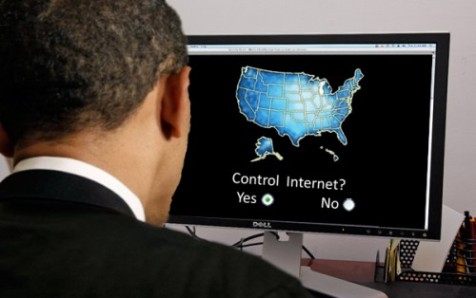The ominously nicknamed Kill Switch bill is sure to be a flashpoint of discussion at the RSA Conference, the nation's largest gathering of computer-security experts that takes place here this week. The bill — crafted by Sens. Joseph Lieberman, I-Conn.; Susan Collins, R-Maine; and Tom Carper, D-Del. — aims to defend the economic infrastructure from a cyberterrorist attack. But it has free-speech advocates and privacy experts howling over the prospect of a government agency quelling the communication of hundreds of millions of people.
"This is all about control, an attempt to control every aspect of our existence," says Christopher Feudo, a cybersecurity expert who is chairman of SecurityFusion Solutions. "I consider it an attack on our personal right of free speech. Look what recently occurred in Egypt."
A 1934 federal law that created the Federal Communications Commission allows the president to "authorize the use or control" of communications outlets during moments of emergency of "public peril or disaster." The Lieberman-led bill would be considered a specific extension of that and let the nation's chief executive prioritize communications on the Internet, says Fertik.
A provision in the bill lets the president take limited control during an emergency and decide restrictions. "It, essentially, gives the president a loaded gun," Fertik says.
"Say there is a mounted attack from a terrorist group on the Internet," Fertik says. "(The law) could present the president with a kill switch option. But what are the conditions, and how far does (the law) go?"







